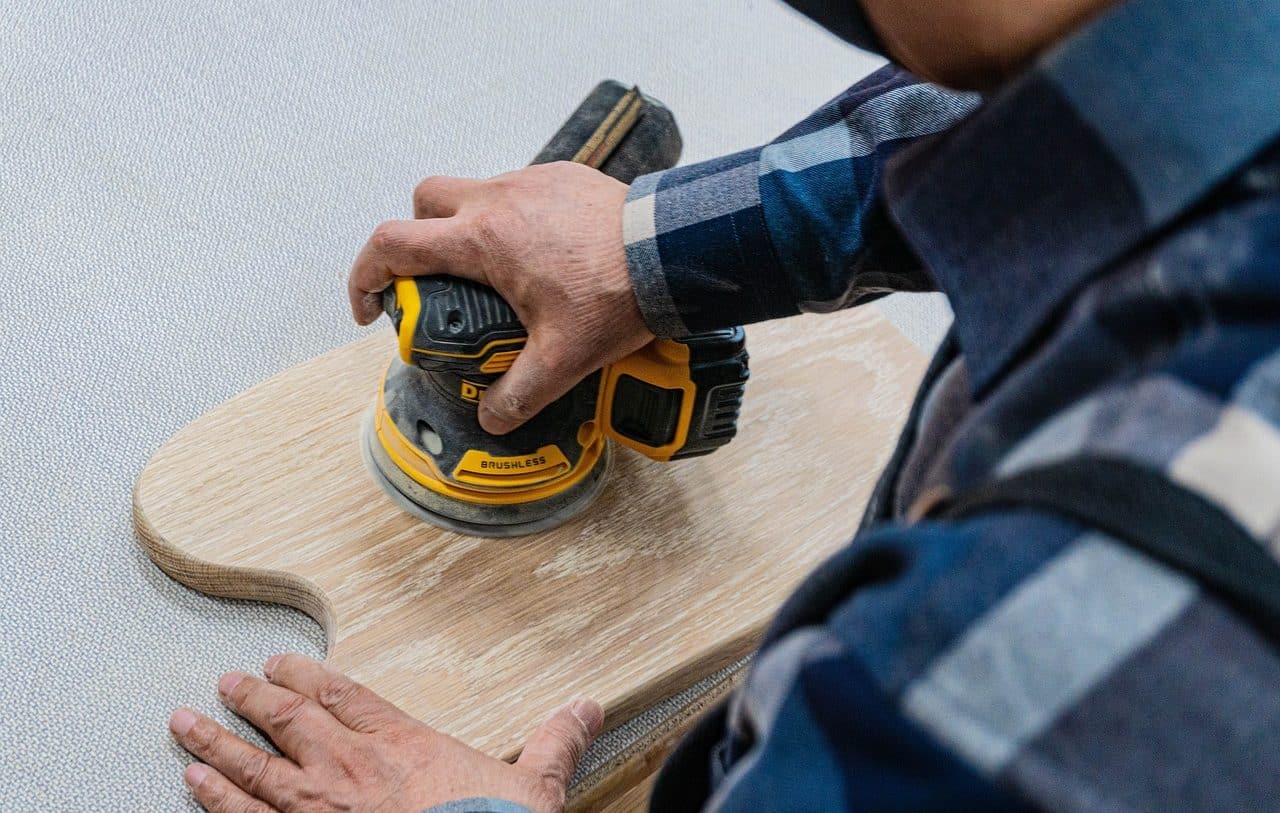
The process that allows a surface to be smoothed and polished is known as polishing.
Polishing is the exercise and result of polishing , a verb that refers to polishing and smoothing something; or to embellish, decorate or optimize something. The term comes from the Latin word politus .
For example: "I am about to finish the table: I only need to polish the wood" , "The teacher helped me polish the book, eliminating those accessory or unnecessary parts for the plot" , "We are going to have to work on the polishing the project before presenting it .
Physical and symbolic polishing
The notion of polishing can be used in a physical or symbolic sense. If a person wants to polish a table to use as a desk, they will rub it with some type of instrument to eliminate irregularities and leave the surface smooth . Polishing, in this case, is a concrete action with material consequences.
On the other hand, when someone talks about polishing an idea, they are referring to giving it shape and defining it. Polishing something that is not material involves focusing on certain issues, correcting any errors, leaving aside what is not useful, etc.

In art, polishing is linked to perfecting the original idea.
The concept in art
The concept of polishing in art generates strong divisions, since at one extreme are perfectionists, who refuse to publish a work until they have made sure to correct each of their errors, and at the other are those who value spontaneity more. , a finish that more faithfully reflects the original idea, arising from a stroke of inspiration .
Many popular musicians, for example, both composers, instrumentalists and singers, refuse to learn musical theory, since they claim that the staff could mean a kind of cage in which they would be artistically limited ; On the other hand, it is important to highlight that knowledge of music has allowed dozens of great composers to write many of the reference works in the history of humanity. In short, it is possible to say that it is a personal assessment.
This does not mean that without theory the polishing of a creation cannot exist. Conventional knowledge brings with it a feeling of security since it is shared by millions of people from several generations and its effectiveness has been proven over years, decades or centuries; Generally, people do not question the effectiveness of a concept that has been applied since time immemorial to revise and perfect a work. On the other hand, it is always possible to devise one's own methods, without strong external influences, and the results can be equivalent or better, depending on the capacity of each one.
wood polishing
To polish a wooden surface , it is necessary to use a thick gel abrasive and apply it with a wool or hard foam pad. The right pad depends on how the paint layer has been allowed to dry and the hardness of the board. In this case we are not talking about manual polishing, but rather the use of a machine, which must be capable of operating at 1700 revolutions per minute .
The choice of abrasive, in terms of its cutting capacity and size, depends on the type of paint and also the color; For example, for dark tones it is normal to use a finer abrasive, since it is more difficult to erase marks without leaving blurred areas.
a surname
Pulido is also a common surname in many Spanish-speaking countries . Several public figures, in fact, share this name in Mexico , Spain , Chile and other nations.
The Mexican singer Óscar Pulido (born in 1906 and died in 1974 ), the Spanish journalist and writer José Pulido (who won the San Juan de la Cruz International Poetry Prize in 2013 ) and the Chilean model and actress Catalina Pulido (protagonist of various TV shows ) are among the celebrities who bear the surname.
